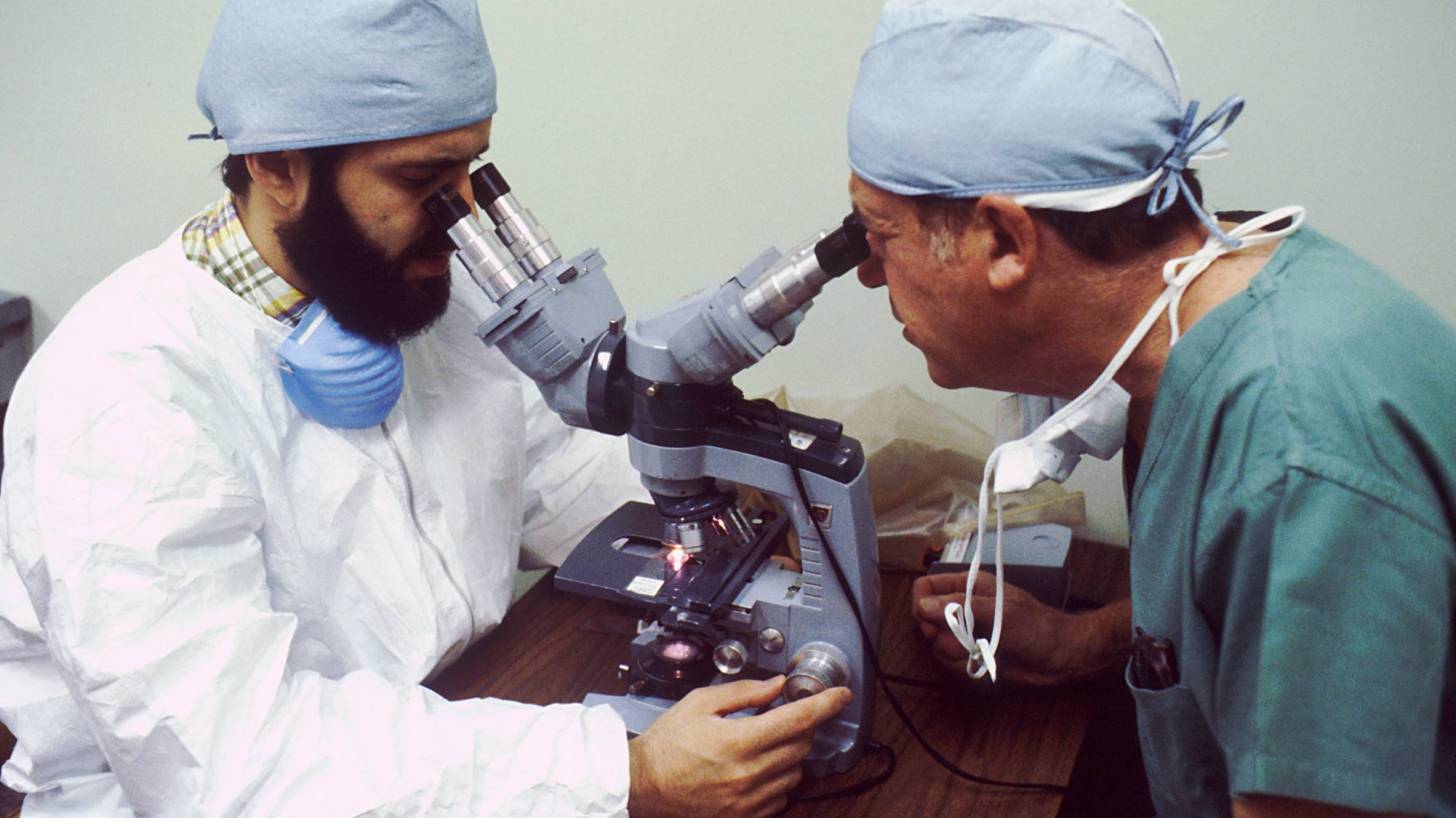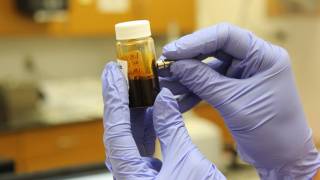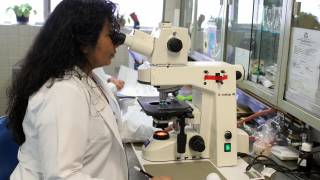Rapid Plug & Play Vaccine Development Platform Announced

Researchers have developed a flexible "Plug and Play" technology platform that delivers single-dose vaccines that fully protect against emerging infectious diseases, such as Zika, Lassa fever, and Ebola.
"A significant unmet medical need exists for vaccine platform technologies to respond rapidly and effectively against biological threats," said Rahul Basu, a scientist at GeoVax and lead author on the study.
"Preferably, such platforms should deliver vaccines that are safe and confer full protection after a single dose,” said Basu in a press release.
In proof-of-concept studies, the researchers tested three independent vaccines against three different families of viruses.
Each vaccine demonstrated full protection after a single dose, using various lethal challenge models:
- For the Zika vaccine, a single inoculation of MVA-Zika vaccine in normal (immunocompetent) mice provided 100% protection against a lethal challenge dose of a neurovirulent ZIKV delivered directly into the brain.
- A single inoculation of MVA-VLP-Ebola vaccine candidate provided full protection in a rhesus monkey lethal challenge model.
- A single inoculation of MVA-VLP-LASV vaccine protected mice against a lethal challenge delivered directly into the brain.
"To demonstrate a broad utility of the platform, we developed prophylactic and therapeutic vaccines for other infectious diseases as well as cancer," said Mr. Basu.
These included prophylactic and therapeutic vaccines for HIV (already in advanced clinical trials), preventive vaccines for Marburg, Sudan and Malaria, all with major epidemic potential with high human lethality, as well as therapeutic vaccines for chronic hepatitis B infections and tumor-associated antigen (TAA)-based-cancer vaccines.
These studies on single-dose vaccines for emerging infectious diseases were supported with funding from the National Institute of Allergy and Infectious Diseases (NIAID), part of the National Institutes of Health (NIH) and performed at laboratories of the Centers for Disease Control, (CDC) in Fort Collins, CO, Institute of Human Virology, University of MD and NIH's Rocky Mountain Laboratories have demonstrated the broad utility of the platform.
This new research was presented at the annual meeting of the American Society for Microbiology, held from June 7, 2018.
The American Society for Microbiology is the largest single life science society, composed of more than 30,000 scientists and health professionals. ASM's mission is to promote and advance the microbial sciences.
Our Trust Standards: Medical Advisory Committee














